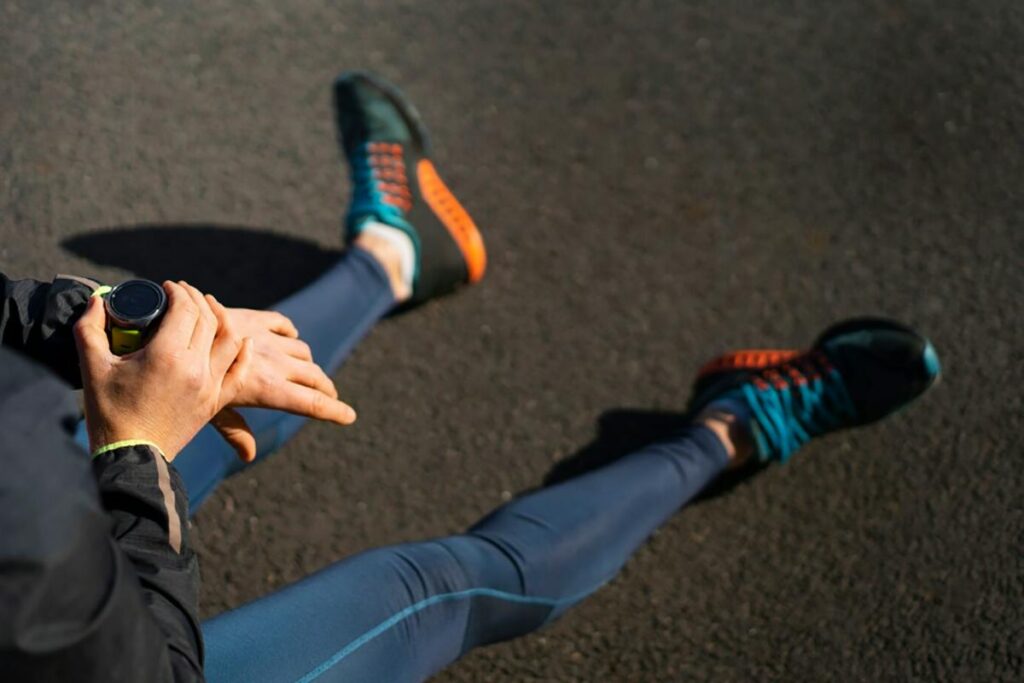Unraveling the Mysteries of Running Injuries: A Comprehensive Guide to Prevention

Running, with its rhythmic motion and endorphin-inducing benefits, is a favorite pastime for many in Madison, WI. However, the repetitive nature of running can also make it a common source of injuries. In this comprehensive guide, we’ll explore the common causes of running injuries and, more importantly, equip you with valuable insights on how to prevent them. Whether you’re a seasoned marathoner or a weekend jogger, understanding these factors is crucial for maintaining a healthy and injury-free running lifestyle.
The Impact of Running on the Body
Running is a high-impact activity that places stress on various parts of the body, particularly the lower limbs. The constant pounding on hard surfaces can lead to wear and tear on joints, muscles, and bones. Understanding the specific factors contributing to running injuries is the first step toward effective prevention.
Common Running Injuries and Their Causes:
1. Shin Splints:
- Cause: Overuse, improper footwear, or running on hard surfaces.
- Prevention: Gradual increase in mileage, proper footwear, and incorporating strength training for the lower legs.
2. Runner’s Knee (Patellofemoral Pain Syndrome):
- Cause: Malalignment of the kneecap, overpronation, or muscle imbalances.
- Prevention: Strengthening exercises for the quadriceps and hips, proper footwear, and addressing gait issues.
3. IT Band Syndrome:
- Cause: Tightness or inflammation of the iliotibial (IT) band.
- Prevention: Regular stretching, foam rolling, and strengthening exercises for the hips and glutes.
4. Plantar Fasciitis:
- Cause: Inflammation of the plantar fascia due to overuse or improper footwear.
- Prevention: Adequate stretching, supportive footwear, and calf strengthening exercises.
5. Achilles Tendinitis:
- Cause: Overuse, tight calves, or improper running mechanics.
- Prevention: Eccentric calf exercises, proper warm-up, and addressing biomechanical issues.
6. Stress Fractures:
-
Cause: Overtraining, inadequate rest, or poor nutrition.
- Prevention: Gradual increase in intensity, sufficient rest, and a balanced diet with proper nutrients.
Preventive Measures for a Healthy Running Routine:

1. Proper Footwear:
- Ensure you have running shoes that provide adequate support and are suitable for your foot type and gait.
2. Gradual Progression:
- Increase mileage and intensity gradually to allow your body to adapt and reduce the risk of overuse injuries.
3. Cross-Training:
- Include activities like swimming, cycling, or strength training to provide variety and reduce the impact on specific muscle groups.
4. Stretching and Flexibility:
- Incorporate dynamic warm-up routines before running and static stretches afterward to improve flexibility and reduce muscle tightness.
5. Strength Training:
- Focus on strengthening the core, hips, and lower limbs to enhance stability and support proper running mechanics.
6. Listen to Your Body:
- Pay attention to any signs of discomfort or pain. Rest and seek professional advice if needed.
7. Biomechanical Assessment:
- Consider a biomechanical assessment to identify any gait issues or imbalances that may contribute to injuries.
The Role of Physical Therapy in Injury Prevention:

While prevention measures play a crucial role, injuries can still occur. Physical therapy becomes a valuable resource in both preventing and recovering from running injuries. At Peak Endurance Physical Therapy in Madison, WI, our experienced physical therapists work with runners to assess biomechanics, develop personalized strength and flexibility programs, and provide guidance on injury prevention strategies.
Conclusion: Running Towards a Healthier Future
In conclusion, understanding the common causes of running injuries empowers you to take proactive steps toward prevention. By incorporating proper footwear, gradual progression, cross-training, stretching, strength training, and listening to your body, you can significantly reduce the risk of running-related injuries.
At Peak Endurance Physical Therapy, we’re not just here to treat injuries; we’re here to help you run stronger and healthier. If you’re in Madison, WI, and looking for guidance on injury prevention or recovery, our team of dedicated physical therapists is ready to assist you on your journey to a more enjoyable and sustainable running experience.
Embark on your runs with confidence, knowing that with the right preventive measures and the support of Peak Endurance Physical Therapy, you’re running towards a healthier and injury-free future.


